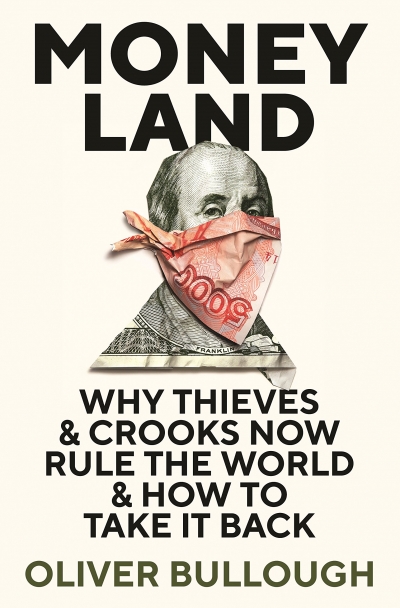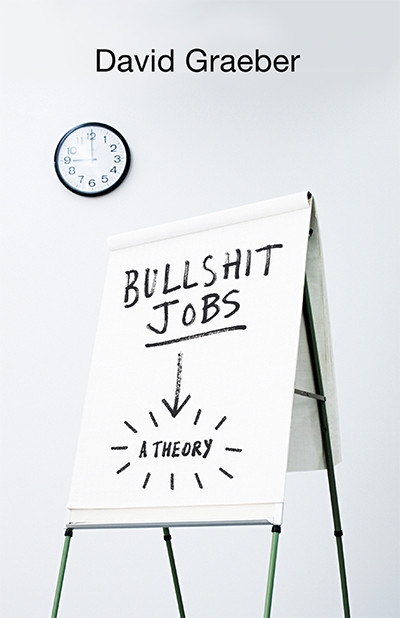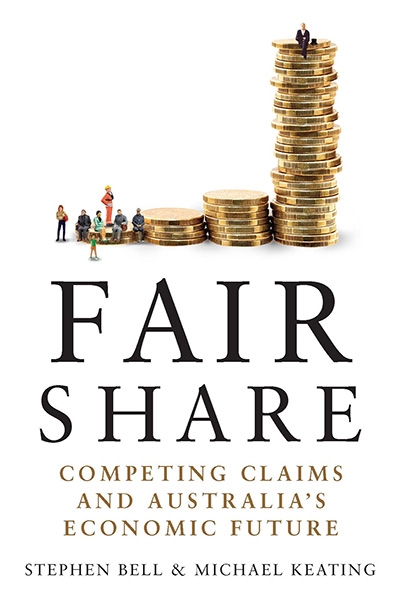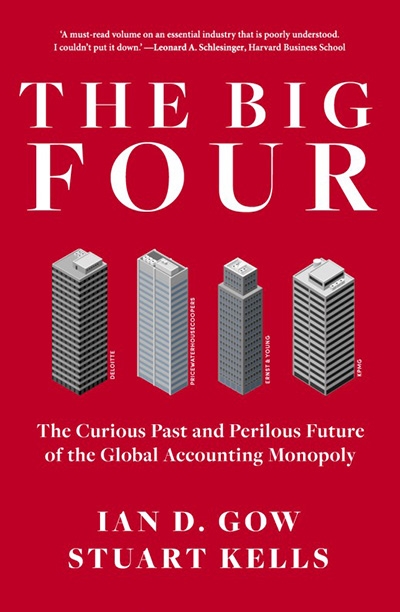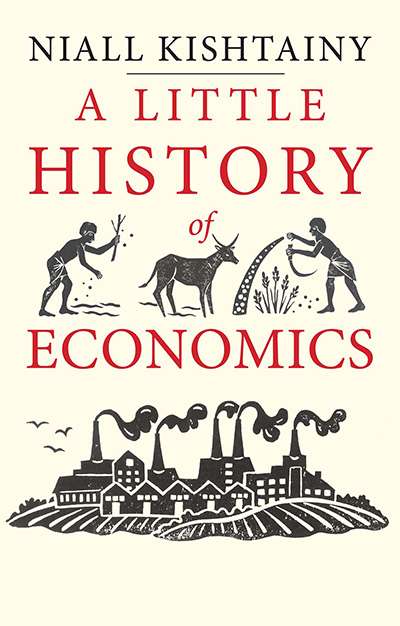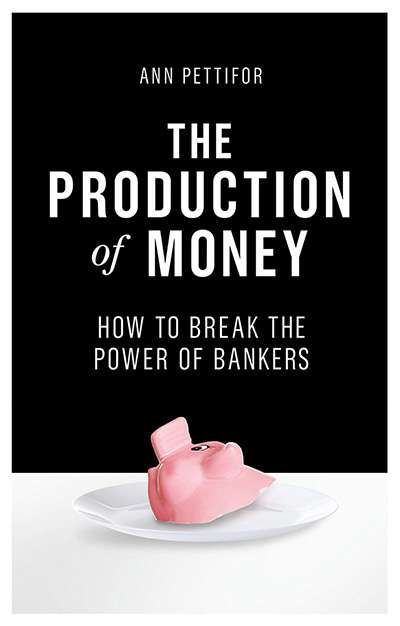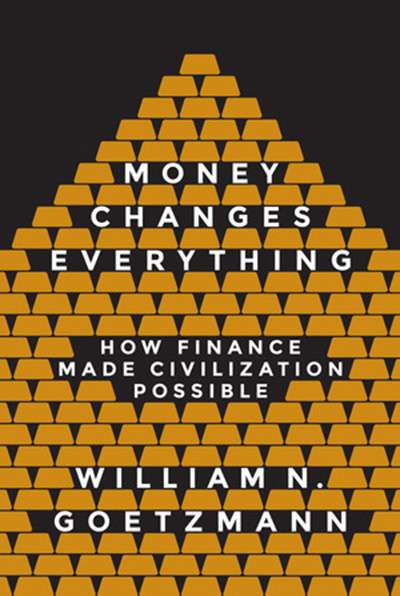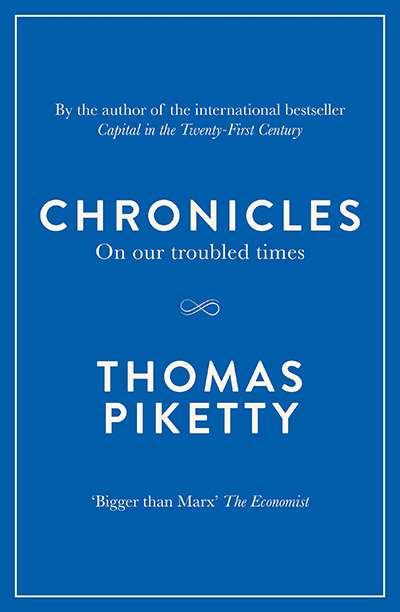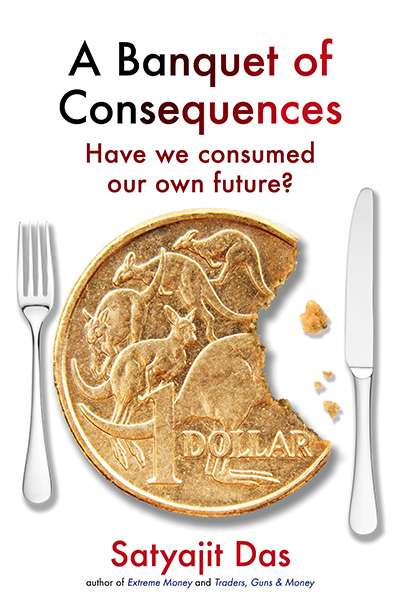Economics
Moneyland: Why thieves and crooks now rule the world and how to take it back by Oliver Bullough
The world, according to writer Oliver Bullough, has a problem. One unexpected consequence of globalisation and the liberalisation of financial policy has been an increasing flow of money across borders. This has given rise to a new global élite. Aided by seemingly respectable lawyers, bankers, and real estate agents ...
... (read more)Recently I solicited impressions of his job from the new head of external affairs at a big financial organisation. What had struck him first was the manpower at his disposal. The total headcount ran into many hundreds – larger than most if not all Australia’s print and electronic newsrooms. There was not merely one department. Each division of the institution had its own well-resourced team ...
... (read more)Fair Share: Competing claims and Australia’s economic future by Stephen Bell and Michael Keating
This is not a book with immediate appeal for the general reader, who is likely to be deterred by the denseness of its analysis. That is unfortunate, because its message deserves to be widely disseminated. It provides a useful account of economic history since the end of World War II, both internationally and ...
... (read more)The Big Four: The curious past and perilous future of the global accounting monopoly by Ian D. Gow and Stuart Kells
What’s an accountant’s favourite book? 50 Shades of Grey. But in a world of transfer pricing and Special Purpose Entities, suddenly accounting isn’t funny anymore. A 1976 Congressional report noted that the Big Eight accounting firms controlled ‘virtually all aspects of accounting and auditing in the US’ ...
... (read more)For maybe one century the subject called Economics was monarch of the social sciences. Then the Western world was poorer than it is now, and many economists promised to find a pathway towards the abolition of hunger and unemployment. They also hoped to abolish war: the eager ideologies of free trade were believed by their disciples to be long-term recipes for intern ...
Adults in the Room: My battle with Europe’s deep establishment by Yanis Varoufakis
The blurb on the back of the book describes Varoufakis as ‘the most interesting man in the world’. It is a wonderful epithet and might even be true considering the interest that Varoufakis excites in the press and media. On another reading, he is also the luckiest man in the world given the extraordinary nature of his leap from talented if unheralded academic economist to Greek finance minister to international speaker and best-selling author. This is an important as well as an entertaining work: part diary, part critique of European political economy, and part thriller featuring a cast of villains of whom Ian Fleming would be proud. It is a heady concoction and a gripping read.
... (read more)The Production of Money: How to break the power of bankers by Ann Pettifor
What is money, how do we create it, and how politically significant is its production? In The Production of Money, political economist Ann Pettifor makes the striking claim that the way we currently produce money gives rise to one of the most substantial challenges facing Western democracy. But how could this be so? Money is produced by printing presses and ...
Money Changes Everything: How Finance Made Civilization Possible by William N. Goetzmann
Given the damage done to the global economy by the finance industry this century, and the apparent determination of its major players to keep on doing it, this would ...
... (read more)Chronicles: On our troubled times by by Thomas Piketty, translated by Seth Ackerman
Thomas Piketty is of course the French economist who shot to fame, somewhat improbably, on the back of an 800-page tub thumper Capital in the Twenty-First Century ...
... (read more)A Banquet of Consequences: Have we consumed our own future? by Satyajit Das
Visions of the future are always forged within a present. The Great Depression led sober economists to wonder whether capitalism and economic growth had come to an end. Golden Era economists of the 1950s and 1960s, confident they knew better, promised that the formula for permanent growth had been discovered. In the 1970s a combination of high inflation and unemploy ...


